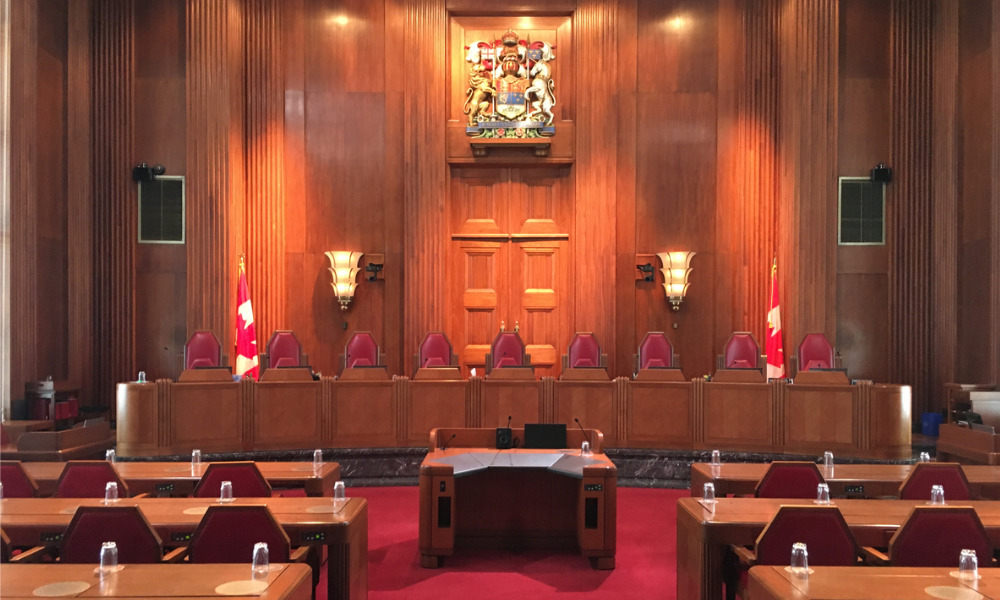‘Survivors of sexual assault should be able to have full confidence in the judicial system’

New Canadian judges who are federally regulated will now have to participate in training related to sexual assault law and social context, including systemic racism and systemic discrimination.
Under the revised Judges Act, candidates must agree to participate to be eligible for appointment to a provincial superior court.
“This new law will help ensure that the public has confidence that judges have the awareness, skills and knowledge of sexual assault law to deal with cases in a manner that is respectful to sexual assault survivors and free from myths and stereotypes about sexual assault. It will also help judges understand the social context in which they hear all matters, and the factors that may affect engagement with the justice system,” says David Lametti, minister of justice and attorney general of Canada.
“We remain committed to addressing issues of violence against women, including sexual violence. Survivors of sexual assault should be able to have full confidence in the judicial system.”
Social context is influenced by such societal factors as gender, race, ethnicity, religion, culture, sexual orientation, differing mental or physical abilities, age, and socio-economic background and familiarity with issues related to family violence and violence against children, notes the government. Social context education is designed to teach awareness and skills for judges to ensure that all people who come into the courtroom are treated respectfully, fairly and equally.
“Judges must ensure that personal or societal biases, myths and stereotypes do not influence judicial decision-making. This requires that judges understand the social context in which they hear matters and the factors that may affect engagement with the justice system,” says the government.
The changes follow several high-profile sexual assault cases involving judges asking controversial questions or making questionable remarks.
A recent Alberta case also looked at the issue of social context when it came to the sexual assault of an employee at the City of Calgary.
Criminal Code changes
Meanwhile, the amended Criminal Code requires judges to provide written reasons, or enter reasons into the record, when deciding sexual assault matters. This will increase transparency in these cases, says the government.
The code prohibits all non-consensual sexual activity, provides a clear definition of consent and identifies when consent cannot be obtained. It also sets out rules for the admissibility of certain types of evidence to deter the introduction of discriminatory myths and stereotypes about how survivors of sexual assault are expected to behave.
“This new legislation will help ensure survivors of sexual assault will be treated with greater dignity and respect from our justice system,” tweeted Maryam Monsef, MP for Peterborough-Kawartha in Ontario.
In 2017, Ottawa provided the Canadian Judicial Council with $2.7 million over five years, and half-a-million per year thereafter, to ensure that more judges have access to professional development, with a greater focus on gender and culturally sensitive training.




